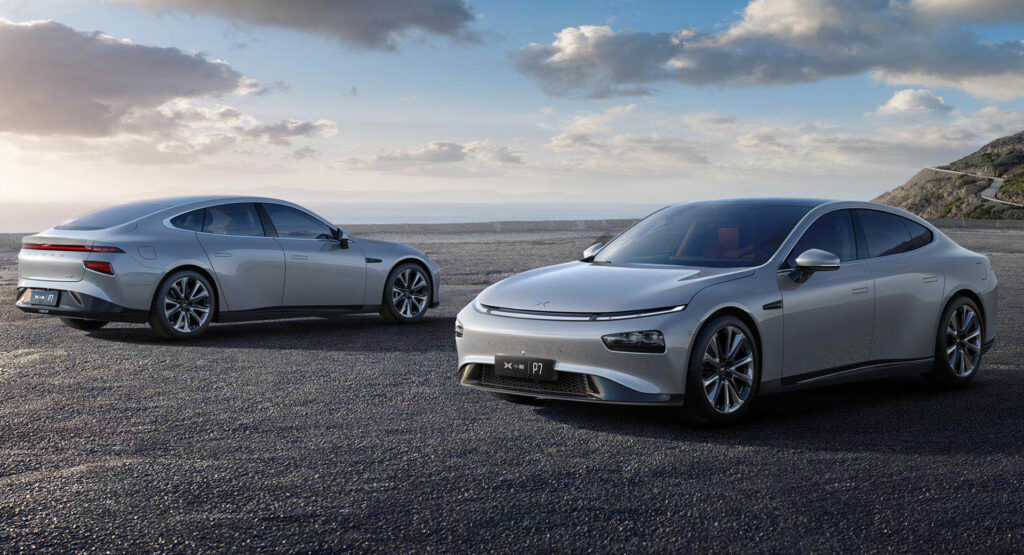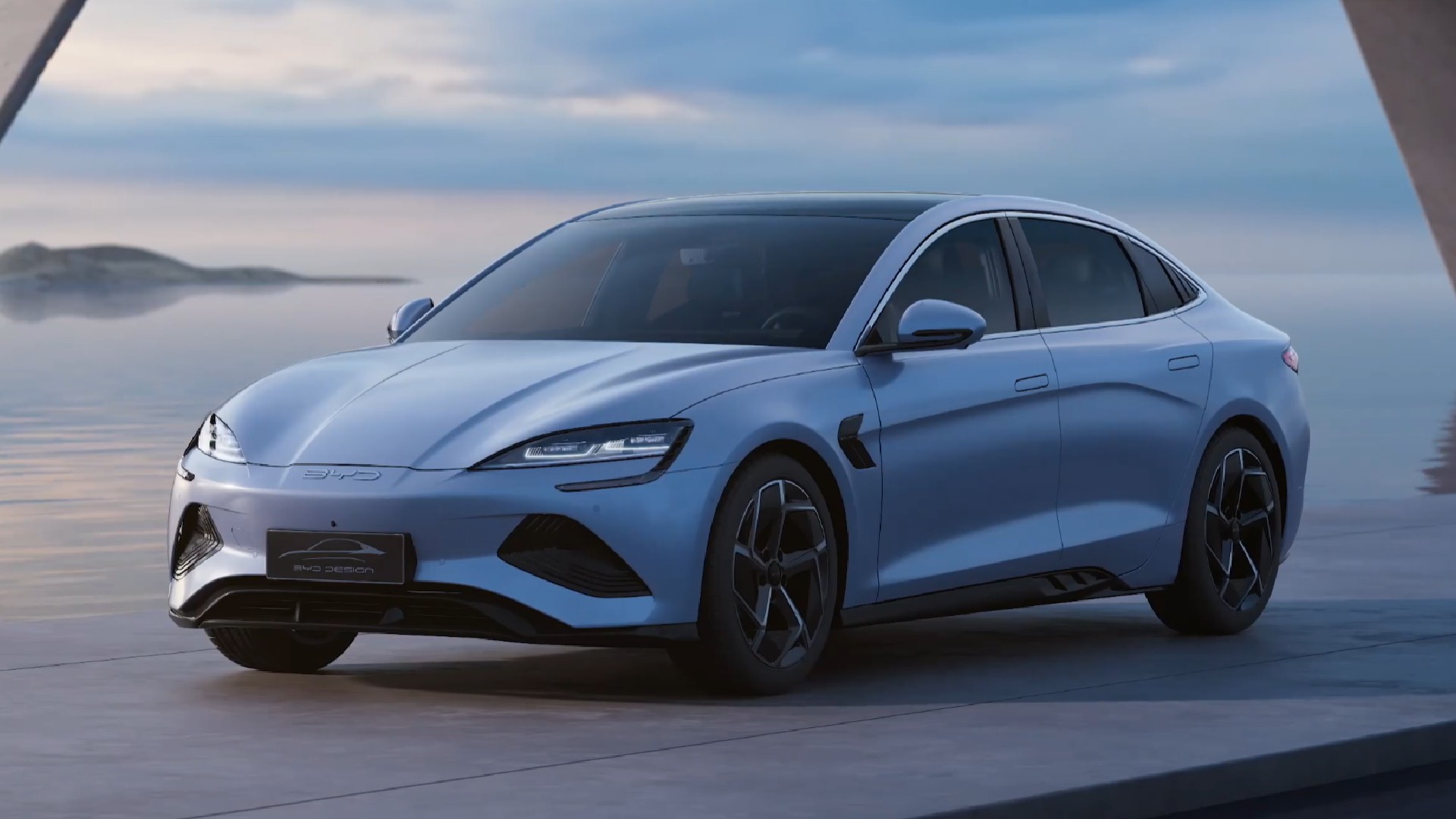The Inflation Reduction Act (IRA) was supposed to help spur electric vehicle adoption, but it’s confusing buyers, angering other countries, and leaving some automakers unsure if upcoming models will qualify for incentives.
In a sense, it’s been a mess and that’s before factoring in the countless electric vehicles that are no longer eligible for incentives due to the law’s America first ideology.
The latest country to take issue with the act is China, which stands to lose out due to sourcing and assembly requirements. According to Bloomberg, a spokesperson for the country’s Ministry of Commerce said the IRA “discriminates against similar imported goods and is a suspected breach of the World Trade Organization principles.” Shu Jueting added, “China will continue to assess and evaluate implementation of the legislation and will take measures to safeguard its legal interests when necessary.”
Also Read: XPeng G9 Offers Up To 543 HP And Is The World’s Fastest Charging Electric SUV
The latter can be viewed as a threat, although officials didn’t elaborate on what actions they could take. However, there are a number of avenues the country could pursue if push comes to shove.
Of course, China isn’t the only country crying foul over the Inflation Reduction Act. Even before the bill became law, European Commission spokesperson Miriam Garcia Ferrer said members viewed it as “discriminating against foreign producers in relation to U.S. producers” and “this would mean that it would be incompatible with the WTO (World Trade Organization).”
The criticism continued after President Biden’s signing as South Korea has been pushing for a “flexible implementation” to avoid hurting Hyundai, Kia, and Genesis. However, the United States has downplayed its impact by telling South Korea’s national security advisor Kim Sung-han, the “IRA is likely to bring more pluses than minuses to Korea.”










